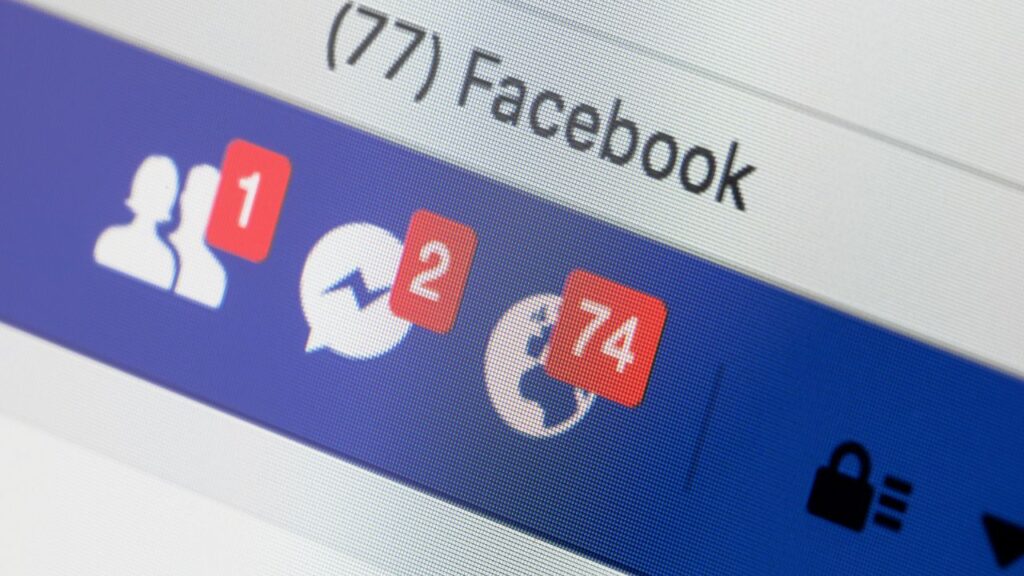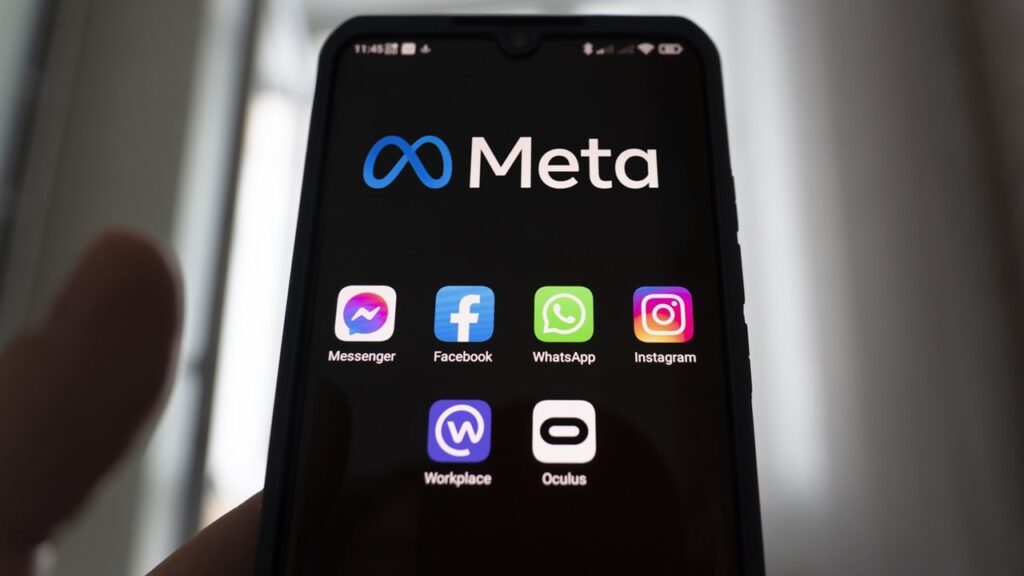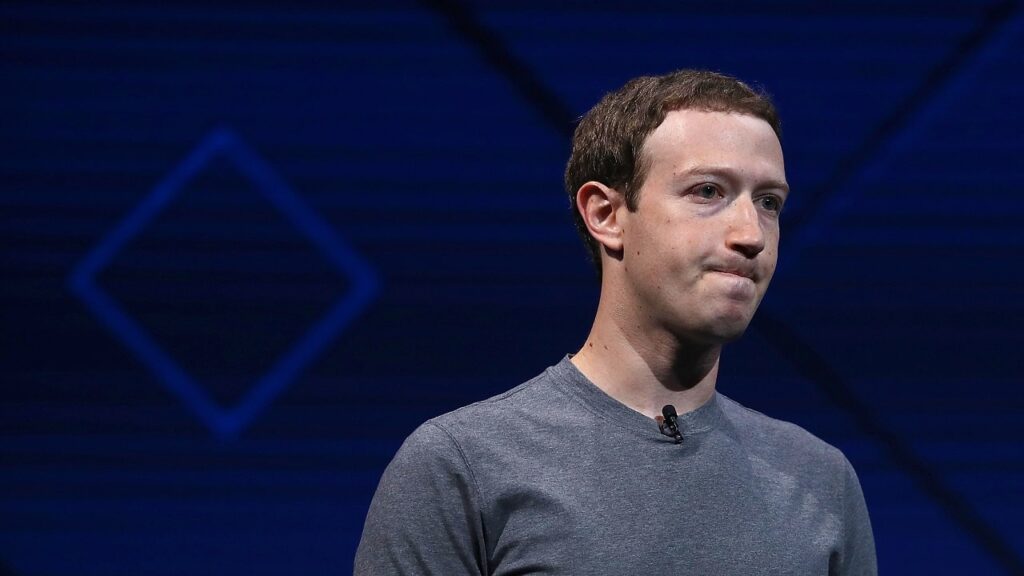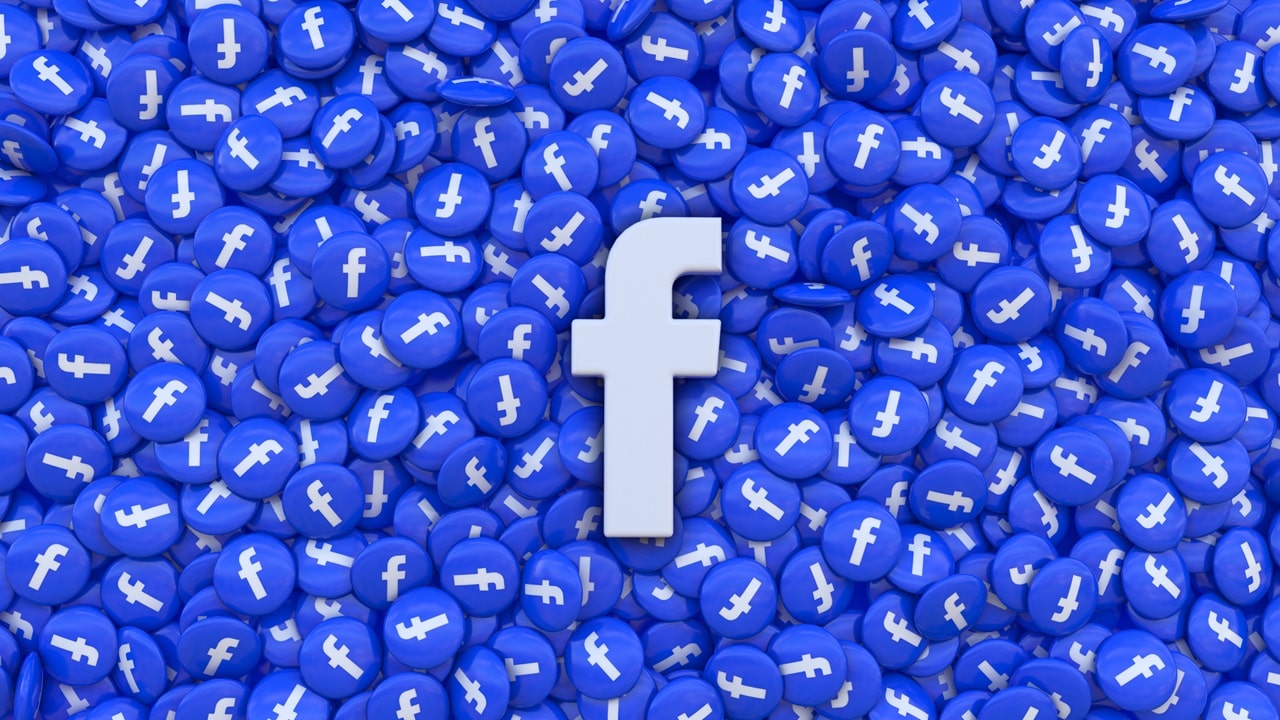Facebook turns 20: what began as a joke by a group of nerds at Harvard now has over three billion users who connect to the social platform from all over the world every month. A world which, we would like to remember, has just under eight billion people in total.
In these twenty years, Facebook has not only grown, but changed profoundly. As well as we users have changed. If once making a friendship online was a novelty, welcomed with a mix of enthusiasm and distrust, today social media has become a daily experience for several generations. We therefore thought we would retrace the evolutionary stages of Facebook over the last two decades. Which, like it or not, have changed us too.
Facebook turns 20: how it has (and has) changed us
It was the February 4, 2004 when, in a room at Harvard, Mark Zuckerberg, Andrew McCollum, Eduardo Saverin, Chris Hughes e Dustin Moskovitz gave life to a site destined to become a worldwide phenomenon: Facebook. Indeed, at the time it was known as “TheFacebook“, a name that recalled the yearbooks that universities distributed at the beginning of the year. And it wasn’t Zuckerberg’s first project of this kind.
In October 2003, in fact, Zuckerberg violated the university network to upload images of several girls present on the Harvard campus on the site “FaceMash“, where students classified them based on physical appearance. Zuckerberg risked expulsion for that episode.
 The first launch of Facebook recreated in the film The Social Network, by David Fincher
The first launch of Facebook recreated in the film The Social Network, by David Fincher
Instead, he worked together with McCollum on planning a new site, with Saverin to manage the business side, Moskowitz as a graph and Hughes for promotion. TheFacebook, instead of a cheesy joke like FaceMash, allowed you to bond on campus. And it worked: By the end of February, half of Harvard was registered for the service.
From university project to global phenomenon
In a few months, TheFacebook became a phenomenon on college campuses of the east coast of the United States. And the cofounders knew it. In April 2004 they founded the company Facebook LLCcon Sean Parker as president, and two months later they received the first investment by Peter Thielco-founder of PayPal.
It was time to launch onto the market. After lost the article “The” (paying 200 thousand dollars for the facebook.com domain), in September 2006 the social network became accessible to anyone at least 13 years old and with an email address. And although it is an exaggeration to say that “everyone” did it, in those years many of us discovered what it meant to form bonds on a social network.

Meanwhile, Facebook had integrated some features that we know well. They could tag people in photosarrived News Feed which showed the activities of friends and followed pages (following algorithms that changed several times in the following years). Shortly after launch, at the beginning of 2007, the prima app per smartphone. The fact that, in that same period, Steve Jobs presented the first iPhone to the world, with hindsight almost seems like a sign of destiny.
In the following years, everyone starts using the application. We who are writing this article were in high school at the time and we remember that fervor: you couldn’t help but sign up to Facebook. Millions of people around the world are starting to use it, without even knowing how. Meanwhile, the social network integrated the Facebook Platform so that developers could launch games and apps on the platform. And most importantly, it will integrate targeted advertising (which will put it on the path to becoming a trillion-dollar company like it is today).
A network of social networks: the purchase of Instagram and its valuation on the stock market
Eight years after it went online, with millions of users now using the platform every day, Facebook was no longer just a social network. Literally: in 2012 he decided to acquire Instagram. A possible rival became a strategic asset. Indeed, under Facebook it went from being the platform designed for amateur photographers of the past to the social media for everyone that we know today. The strategy of sensational acquisitions worked, so much so that in 2014 it was the turn of WhatsAppalready established as the most used instant messaging application in the world.

In 2012 Facebook also entered the stock market, with a value of 104 billion dollars: By then that room at Harvard was just a memory. Also because everyone used Facebook: the platform reached one billion monthly active users that year. A value that has tripled today.
Meanwhile, the features continued to increase. In 2013 the stickers arrived, in 2014 the “Look Back” videos to remember the moments spent on social media, in 2015 the GIFs and Reactionsalongside the now iconic Likes.
The innovations were many. But there was also no shortage of controversies, which have followed Facebook since the beginning.
Facebook: 20 years of success, 20 years of trouble
If it is true that in 20 years Facebook has gone from being a university project to a platform used by three billion people every month, it has also had many complicated moments.
From the first day Mark Zuckerberg put it online, the controversies have followed Facebook closely. The twins Vinklevoss and Divya Narendra accused Zuckerberg of having promised to develop a social network for them (harvardconnection.com), and then steal their idea and launch Facebook. Also ConnectU, another university social network, accused the students who created Facebook of plagiarism. And then there are the disputes with the co-founders: the break with Saverin was so sensational that it became the basis of film The Social Networkwritten by Aaron Sorkin and directed by David Fincher (although Zuckerberg has disputed the veracity of many details).
 Mark Zuckerberg, one of the co-founders of the social network
Mark Zuckerberg, one of the co-founders of the social network
However, the most sensational controversies involved the processing of user data. Already in 2007, with the launch of Facebook Beacon, an advertising system that tracked user activities on external sites and then published them on Facebook, the issue of privacy began to be discussed.
But the most sensational controversy arrives in 2018, with the scandalo Cambridge Analytica. The company had accessed the data of 87 million Facebook users, then used it to guide the presidential campaigns of Ted Cruz and Donald Trump. A scandal that brought Mark Zuckerberg before the United States Congress and forced Facebook to pay 725 million dollars in compensation.
And we could go on: from data collection for facial recognition, through content moderation, to controversies continued.
Facebook becomes Meta (and changes focus)
After twenty years of evolution, of new technologies but also controversies, Facebook is no longer just a social network. A trillion dollar company, with internally also Instagram, Messenger e WhatsApp. And also the latest arrival, Threads. All services potentially connected to each other: you can share Instagram stories on Facebook, chats on Messenger can connect to WhatsApp, and more.

But these platforms aren’t the only companies in Facebook’s massive portfolio. In 2014, for example, he bought Oculus, an expert in the manufacturing of virtual and augmented reality devices. A future in which Mark Zuckerberg seems to believe a lot, so much so that in October 2021 he announced an unexpected name change: the company becomes Meta (even if the name Facebook remains for the platform: who would ever change the name of a famous social network?)
If it is true that the “metaverso“, despite Meta platforms such as Horizon Worlds, does not seem to have had the hoped-for success (at least for now), the company that was once called Facebook continues to launch new projects. And like many other large tech companies in recent years is investing heavily in AI (also using data from social media users).
In short, Facebook is not only a social network with over 3 billion active users monthly, is a technological giant that invests in many new technologies. If history has taught us anything, it will continue to offer tech innovations. And perhaps run into controversies, even if we hope that something has changed in this aspect in these twenty years.















Leave a Reply
View Comments